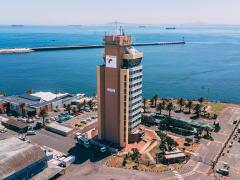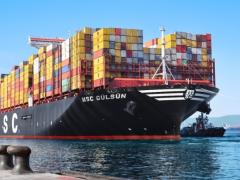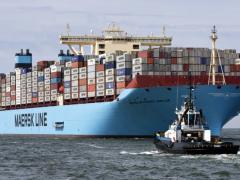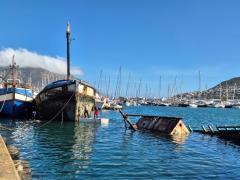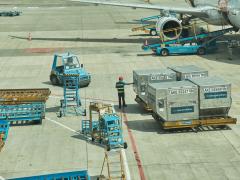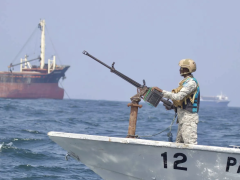Cost and Freight or CFR (named port of destination) Incoterms®2010 is the tenth of eleven Incoterms (it is always plural) for the class “Rules for Sea and Inland Waterway Transport”. According to the International Chamber of Commerce (ICC), in “the second class of Incoterms®2010 rules, the point of delivery and the place to which the goods are carried to the buyer are both ports, hence the label ‘sea and inland waterway’ rules”. The ICC’s Incoterms ®2010 identifies ten obligations that the seller may need to fulfil in terms of Cost and Freight or CFR: (1) general obligations of the seller; (2) licences, authorisations, security clearances and other formalities; (3) contracts of carriage and insurance; (4) delivery; (5) transfer of risks; (6) allocation of costs; (7) notices to the buyer; (8) delivery document; (9) checking – packaging – marking; and (10) assistance with information and related costs. The general obligations of the seller are essentially the provision of goods and the commercial invoice in conformity with the contract of sale, which implies that the documents stipulated in the contract of sale must be provided. In respect of the licences, authorisations, security clearances and formalities the seller must obtain these at his own risk and expense, and also needs to carry out the customs formalities necessary for the export of the goods. With respect to the contract of carriage, the seller must contract or procure a contract for the carriage of the goods from the agreed point of delivery. The seller has no obligation with respect to the contract of insurance. As for the delivery to be effected, the seller must place the goods on board the vessel or procure the goods so delivered. The seller bears all risks of loss of or damage of the goods until they have been delivered. As for the allocation of costs, the seller must pay all costs until the goods have been delivered. The seller is responsible for all costs relating to the goods until they have been delivered, including the freight cost, loading costs etc, and where applicable the costs of the customs formalities necessary for export. The seller must notify the buyer in order to allow the buyer to take delivery of the goods. The seller must provide the buyer with the usual transport document. With respect to the checking – packaging – marking, the seller must pay the costs of the necessary checking required ie, quality, etc, as well as the costs of any pre-shipment inspection mandated by the authority in the country of origin. As for the assistance with information (including security-related information) and related costs, the buyer could request this from the seller, but this would be for the buyer’s risk and account. In next week’s issue we will define Cost and Freight (CFR) – The Buyer’s Obligations.



